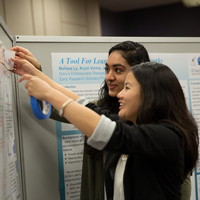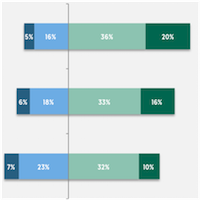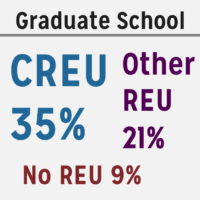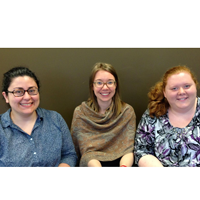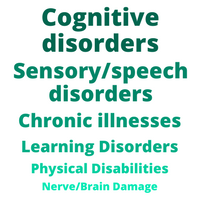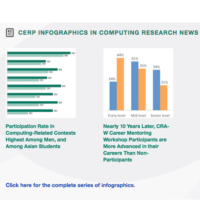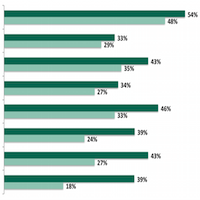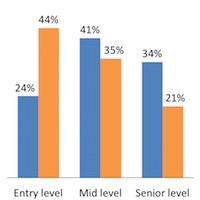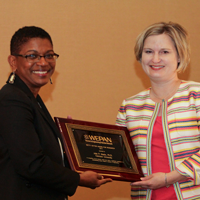
Expanding the Pipeline – WEPAN’S 2017 Change Leader Forum: Creating the Mindset for Action
The Women in Engineering ProActive Network (WEPAN) held the 2017 Change Leader Forum in Westminster, Colorado from June 12 – 14, 2017. The Forum provided attendees an unparalleled opportunity to engage with diversity and inclusion advocates, and learn research based best-practices related to gender equity and inclusion in engineering. Nearly 200 attendees representing a variety of institutions and roles participated in the Forum, including university leaders, corporate partners, engineering faculty, K-12 teachers, and academic diversity officers. CERP Director Jane Stout was a panelist on the opening keynote panel presentation “A Research Agenda on Gender in Engineering and Computing.”


